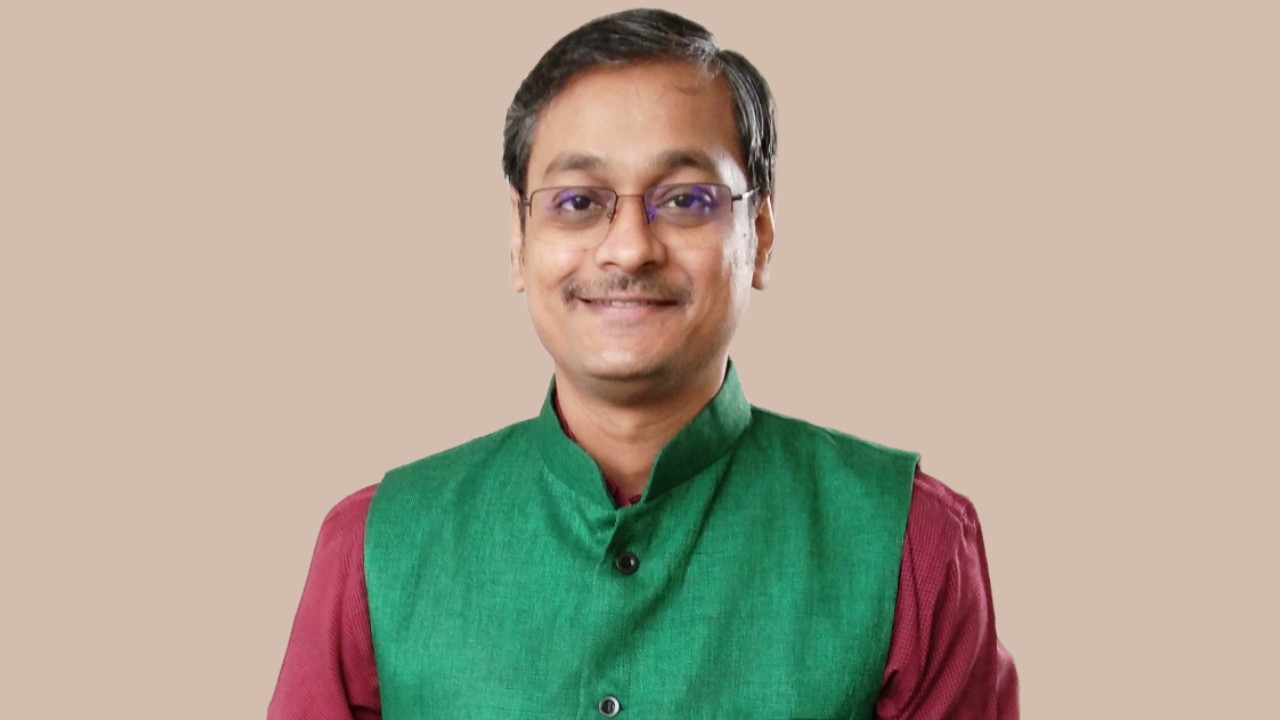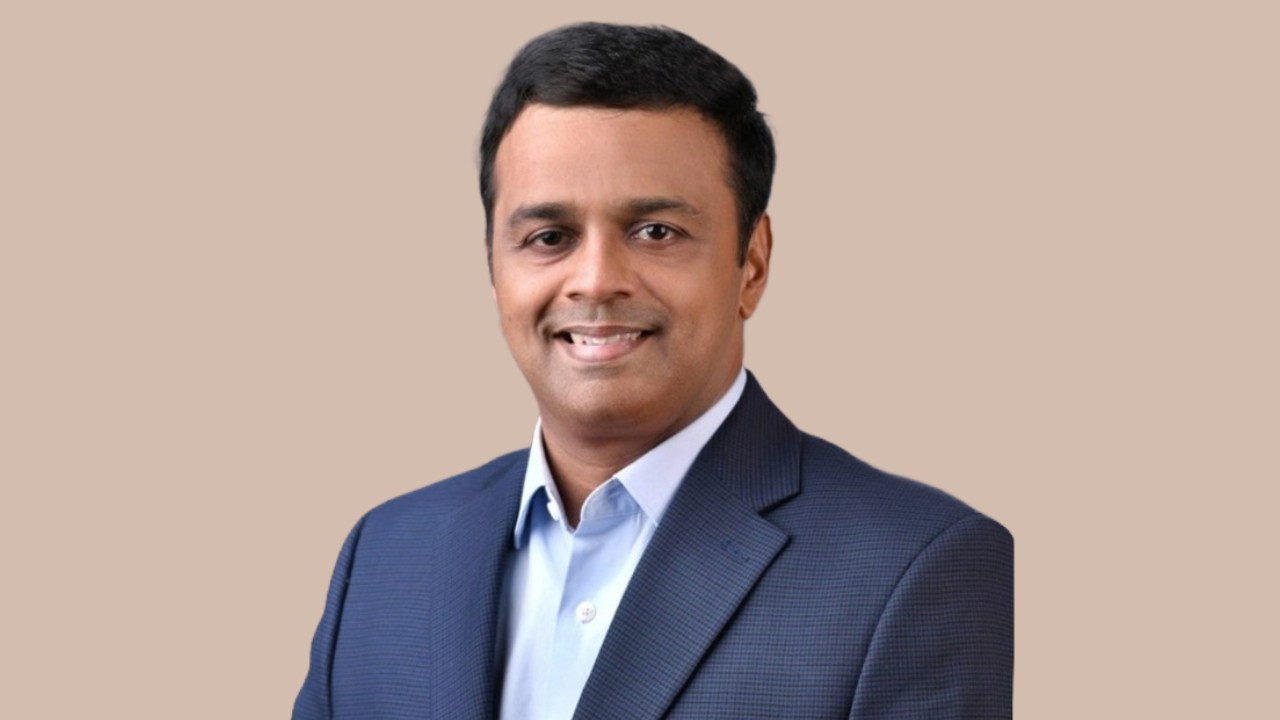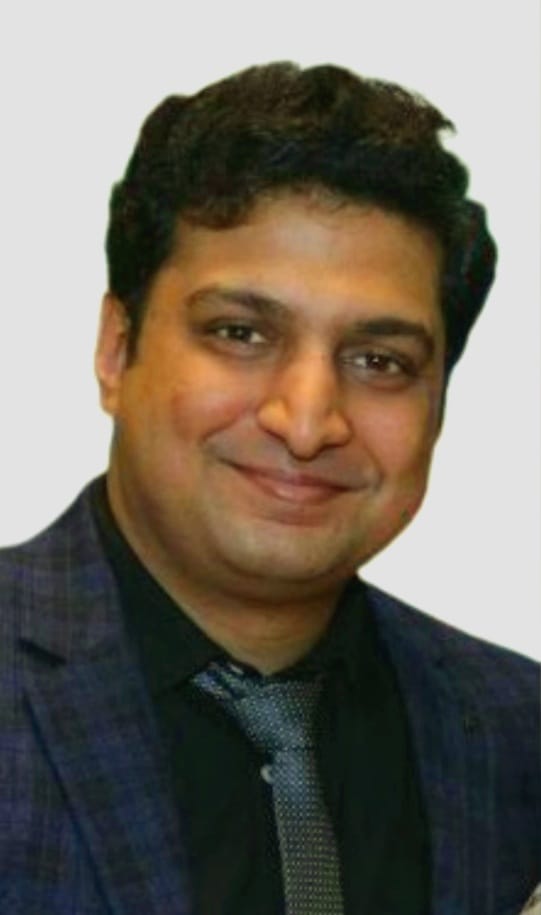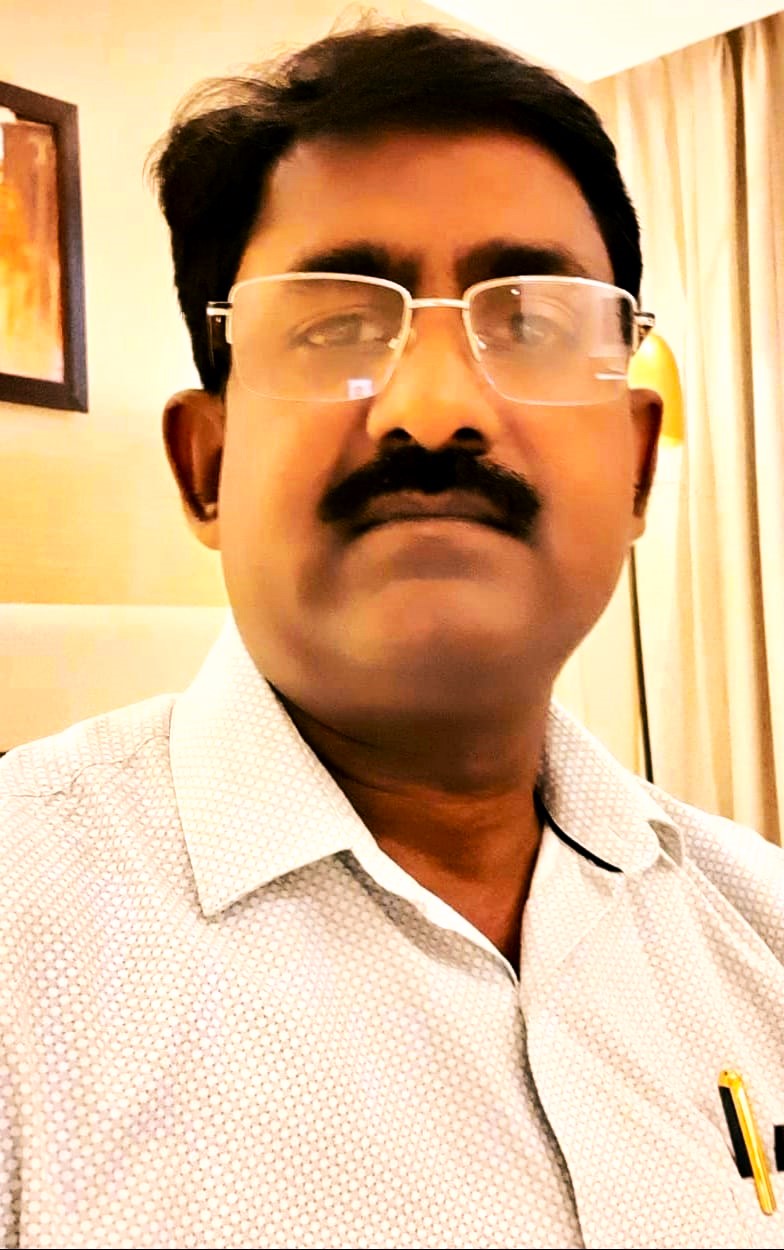Nakul Pasricha is a seasoned executive with a distinguished career spanning over 25 years, marked by his visionary leadership and innovative use of technology to tackle critical challenges in both financial services and healthcare sectors. Currently serving as the MD & CEO of PharmaSecure, Nakul spearheads the company’s mission to revolutionize the pharmaceutical industry through cutting-edge authentication solutions.
As a prominent figure in the industry, Nakul holds a pivotal role as a Governing Body member of the Authentication Solution Providers’ Association (ASPA), where he contributes his expertise to shape industry standards and practices.
Nakul’s journey to the top echelons of leadership began with notable stints at global giants such as Citi and GE Capital, where he honed his skills and expertise. Notably, he served as the Chief Information Officer (CIO) of GE’s consumer finance business in India, where he led transformative initiatives that drove business growth and operational efficiency.
His academic background includes a Master of Science in Computer Science from the prestigious University of Maryland, providing him with a solid foundation to navigate the complexities of the ever-evolving technological landscape.
Throughout his career, Nakul has remained steadfast in his commitment to leveraging technology as a force for positive change, consistently delivering innovative solutions that address the most pressing challenges facing the industries he serves. With his wealth of experience, strategic vision, and unwavering dedication, Nakul Pasricha continues to be a driving force in shaping the future of healthcare services.
In a compelling conversation with The Interview World, Nakul Pasricha, Managing Director & CEO of PharmaSecure, illuminates the diverse strategies aimed at tackling the rampant spread of counterfeit drugs within the domestic market. He emphasizes the available mechanisms for addressing such issues within India’s regulatory framework. Below are the pivotal takeaways from his insightful interview.
Q: What measures is your organization implementing to combat the proliferation of counterfeit drugs within the country?
A: At the Authentication Solutions Providers’ Association (ASPA), our primary goal is to equip pharmaceutical companies with cutting-edge technologies and solutions to safeguard the integrity of their products. These solutions are designed to empower consumers to easily verify the authenticity of the medicines they purchase, fostering trust and confidence in the pharmaceutical supply chain.
Our toolkit includes a diverse range of options tailored to meet the evolving needs of the industry. This encompasses both physical technologies, seamlessly integrated into product packaging, and digital solutions such as QR codes, barcodes, holograms, RFID, NFC, and blockchain-based platforms. These technologies are accessible through various devices, including smartphones, ensuring widespread accessibility and ease of use.
India has played a pivotal role in championing the adoption of such technologies, particularly in the realm of exports. As early as 2011, the country led the charge by mandating the use of barcodes and data collection for exported drugs, under the Directorate General of Foreign Trade. However, despite this significant stride, it took approximately 12 years to extend similar regulations to the domestic market, highlighting the complexities and challenges involved in regulatory implementation and adoption.
Q: What is the estimated percentage of counterfeit drugs present in the Indian market?
A: Pinpointing the precise prevalence of counterfeit products presents a formidable task, demanding extensive global research. Divergent findings across various studies further complicate the matter. Yet, our comprehensive study conducted in 2022 offers valuable insights. When consumers were surveyed regarding their encounters with counterfeit goods, a notable 20% to 25% acknowledged having come across them. This revelation suggests that a significant portion of consumers—approximately one in every four—has either directly encountered or believes they have encountered counterfeit products. Such findings serve as a poignant reminder of the pervasive nature of counterfeit goods in the market, sounding a clarion call for heightened vigilance and robust measures to combat this threat to consumer safety and confidence.
Q: What are the established redressal mechanisms within the country’s regulatory framework to address issues about counterfeit drugs?
A: Consumers play a pivotal role in ensuring product authenticity by actively verifying and remaining vigilant. Detecting counterfeit goods prompts them to report promptly. This reporting can be directed to regulatory bodies, empowering them to initiate enforcement actions or conduct thorough assessments. Legal frameworks are in place to penalize individuals engaged in the production of counterfeit or spurious drugs. By taking proactive steps to verify products and reporting suspicious activities, consumers contribute significantly to maintaining the integrity of the market and safeguarding public health. This collaborative effort between consumers and regulators fosters accountability and deters fraudulent practices, ensuring a safer marketplace for all.
Q: What measures is India implementing to combat the issue of counterfeit drugs?
A: Counterfeiting presents a significant challenge within emerging markets, with a series of high-profile incidents in recent times tarnishing our reputation. Despite our vigorous responses, including the revocation of licenses for offending companies, the issue persists, demanding more comprehensive solutions. Our decision to implement QR code mandates for the top 300 drugs marks a significant stride forward in combating pharmaceutical counterfeiting. However, this represents just one facet of the multifaceted challenge we face.
To effectively tackle this issue, we must prioritize both enforcement and awareness-raising efforts. Many individuals remain unaware of their rights as patients to demand QR code verification for medications, highlighting the crucial need for education and outreach initiatives. Expanding this mandate to include a broader range of drugs, perhaps extending to encompass all medications, would significantly bolster our defenses against counterfeit products.
Additionally, we recognize the critical role of data in informing and enhancing enforcement activities. Collecting comprehensive market data and harnessing the power of data analytics are essential components of our strategy moving forward. By equipping government bodies and regulators with the necessary data and tools, we empower them to proactively target counterfeiters and those who knowingly distribute dangerous medications.
In essence, while commendable progress has been achieved, the battle against counterfeit pharmaceuticals demands continued dedication and innovation. The loss of even a single life due to counterfeit drugs underscores the urgency of our mission. By combining robust enforcement measures with heightened awareness and data-driven strategies, we can more effectively safeguard public health and integrity within the pharmaceutical sector.










1 Comment
Hi, I think your blog might be having browser compatibility issues. When I look at your blog in Ie, it looks fine but when opening in Internet Explorer, it has some overlapping. I just wanted to give you a quick heads up! Other then that, superb blog!
Comments are closed.